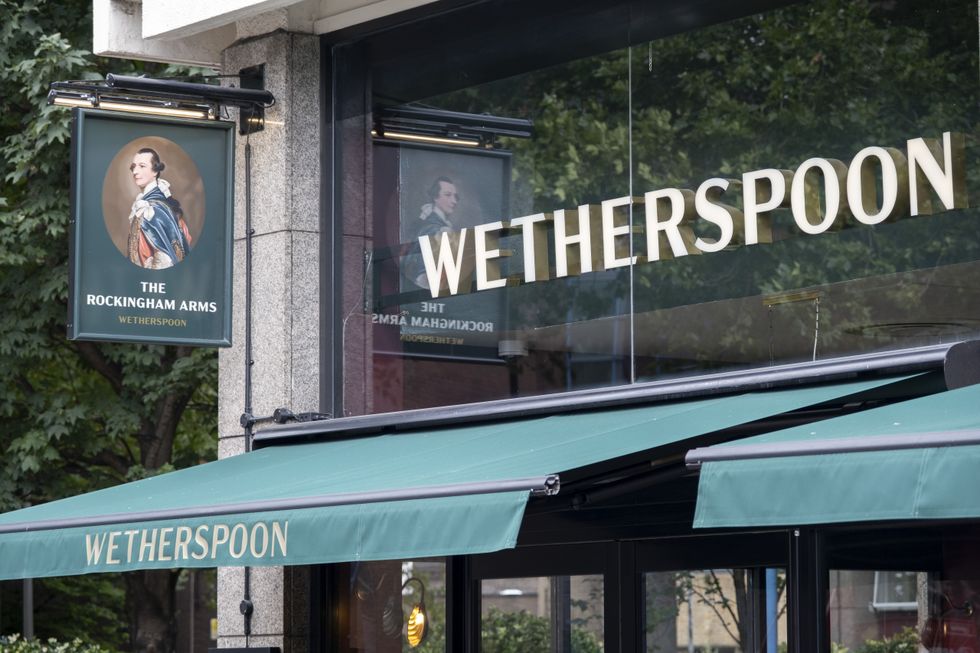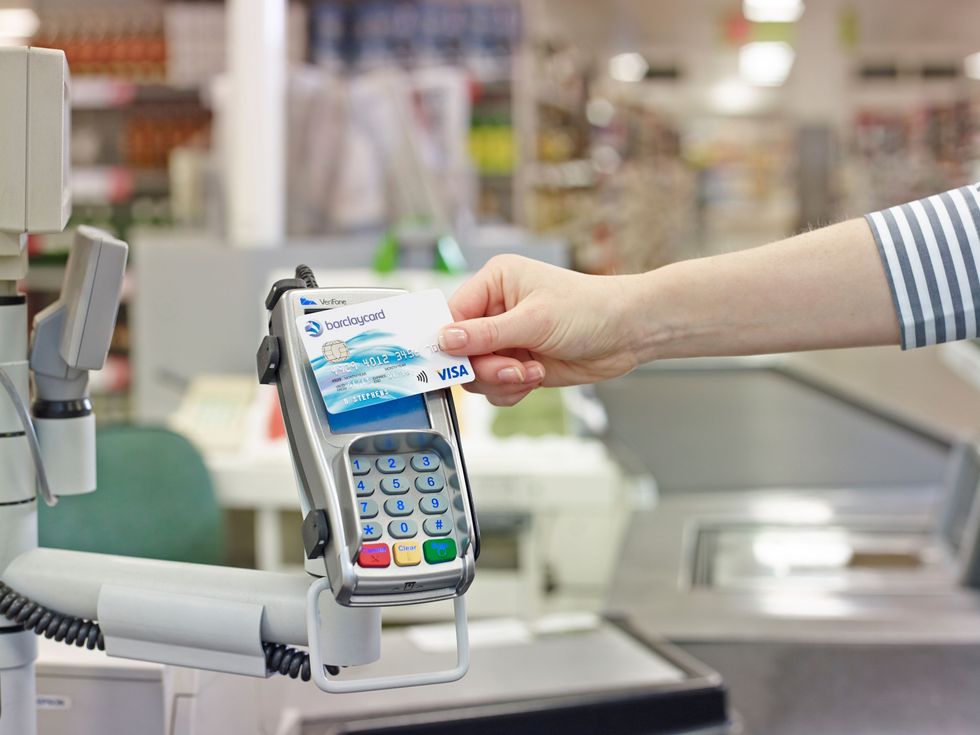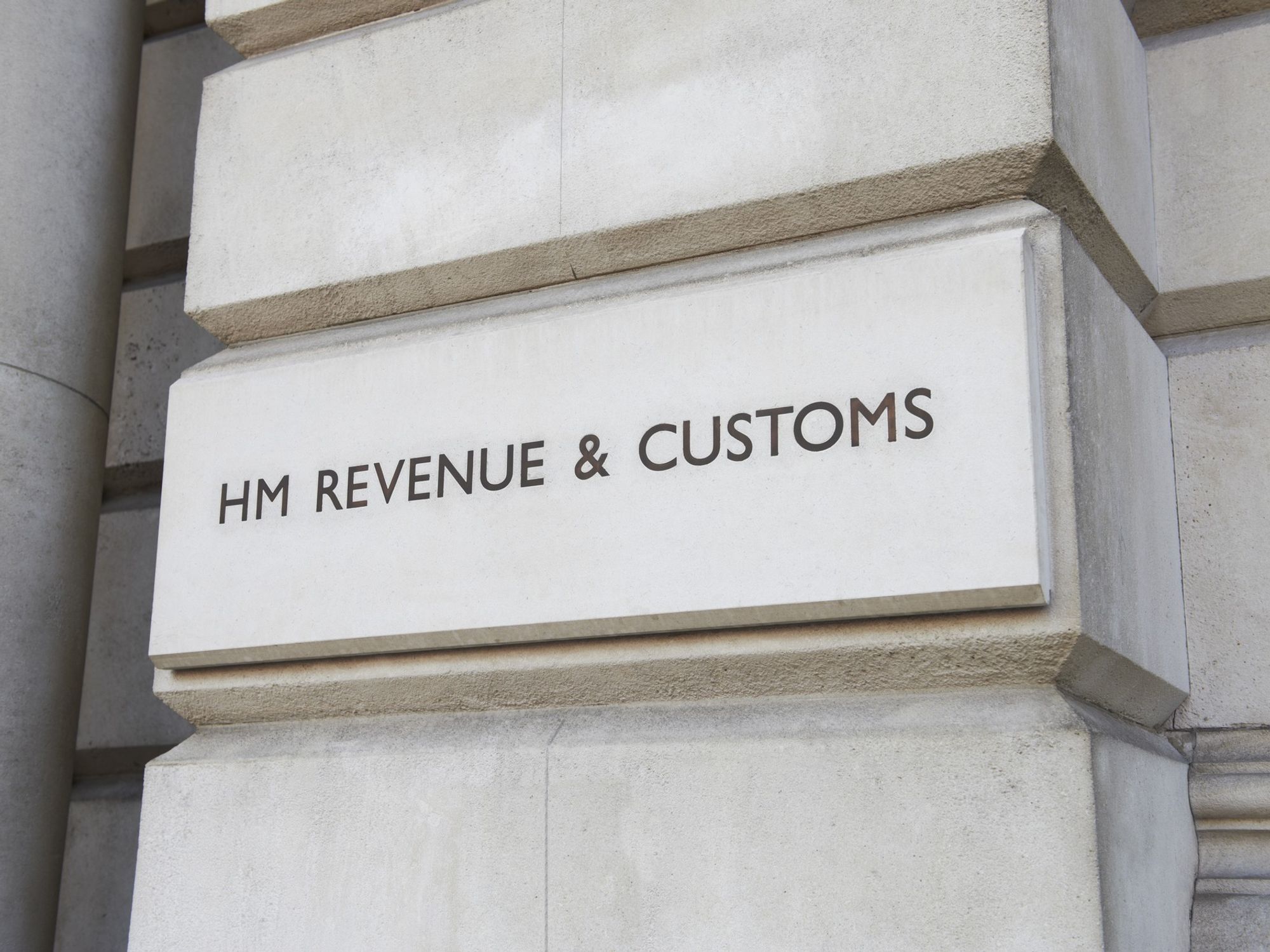Wetherspoon update after new rules on cash payments introduced

The Government has defended businesses' right to refuse Scottish notes following Wetherspoon's new policy
Don't Miss
Most Read
The Government has issued an update following Wetherspoon’s decision to change its policy on cash payments.
The pub chain announced last year that it would no longer accept Scottish £20 and £50 notes after reports of "criminal gangs" circulating counterfeit currency.
However, the Government has confirmed that retailers can legally refuse specific payment types.
Liberal Democrat MP Angus MacDonald asked the Government what discussion it had had with the pub chain about "their policy on accepting Scottish banknotes in their premises in England".
Treasury minister Lucy Rigby provided a response from the Government. She said: "There is no legal requirement for businesses to accept specific forms of payment.
"Each business decides which payment methods to accept based on factors including cost and customer needs and preferences."
She went on to explain that the Government has "no plans" to change the law on this matter. However, she did note some new laws that have come in relating to issue of cash access.
Ms Rigby said: "In recognition that millions of people continue to use cash, the Financial Services and Markets Act 2023 introduced safeguards to protect the public's access to cash."
The bill includes new powers for the Bank of England to promote the wholesale distribution of cash. The minister explained that while several banks in Scotland and Northern Ireland can issue their own notes, retailers across the UK can choose whether to accept cash or card payments.
The Bank of England alerted the pub chain in October about criminal networks distributing large quantities of fraudulent Scottish £20 notes. Company spokesperson Eddie Gershon explained that guidance on identifying fakes came with instructions to reject suspicious notes.

Wetherspoon update after new rules on cash payments introduced
| GETTYMr Gershon stated: "This warning, coupled with an increase in the receipt of fake notes by pubs, led to a decision in late November last year not to accept Scottish £20 notes." The same reasoning applies to £50 notes.
The restriction doesn't affect Wetherspoon venues in Scotland or English locations with strong Scottish connections.
The company says it will keep monitoring the situation and may revise the policy in future.
The policy shift has sparked anger among Scottish patrons, with one elderly customer discovering the ban only after beginning to drink his beer at a Newcastle establishment. Craig Neil, a 72-year-old visitor from Troon in Ayrshire, experienced the policy firsthand at Newcastle's Mile Castle pub.
After being served a pint of Carling and taking several sips, staff informed him they couldn't accept his Scottish £20 note.

The pub chain announced last year that it would no longer accept Scottish £20 and £50 notes
| GETTY"I've been going to Newcastle for 70 years and never in my life have I had my money rejected," Mr Neil told The Scottish Sun. He described how the beer sat in front of him whilst staff demanded alternative payment.
The incident highlights growing frustration among Scottish visitors who find their legitimate currency suddenly unusable in English establishments, despite having already received goods or services.
Martin Quinn from the Campaign for Cash warned that rejected Scottish and Northern Irish notes effectively become "worthless" for visitors unless they return home, creating significant inconvenience for travellers.

Experts say that chains should have checks in place so staff could accurately check for forgeries
| PAMartin Quinn, from the Campaign for Cash, told Sky News: "It's really not ideal if you have Scottish or Northern Irish notes and can't spend them; they become worthless, unless you are heading back to Scotland."
Mr Quinn added that there are multiple security features on the banknotes, being much safer than the old paper notes.
He suggested chains should have checks in place so staff could accurately check for forgeries.
More From GB News










